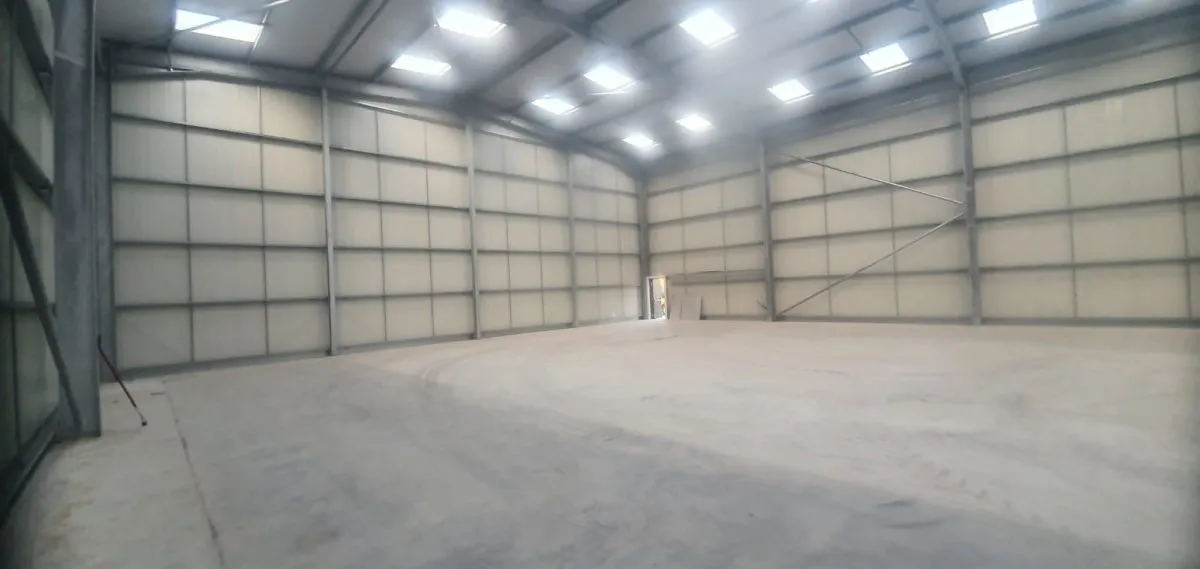- Afrikaans
- Albanian
- Amharic
- Arabic
- Armenian
- Azerbaijani
- Basque
- Belarusian
- Bengali
- Bosnian
- Bulgarian
- Catalan
- Cebuano
- Corsican
- Croatian
- Czech
- Danish
- Dutch
- English
- Esperanto
- Estonian
- Finnish
- French
- Frisian
- Galician
- Georgian
- German
- Greek
- Gujarati
- Haitian Creole
- hausa
- hawaiian
- Hebrew
- Hindi
- Miao
- Hungarian
- Icelandic
- igbo
- Indonesian
- irish
- Italian
- Japanese
- Javanese
- Kannada
- kazakh
- Khmer
- Rwandese
- Korean
- Kurdish
- Kyrgyz
- Lao
- Latin
- Latvian
- Lithuanian
- Luxembourgish
- Macedonian
- Malgashi
- Malay
- Malayalam
- Maltese
- Maori
- Marathi
- Mongolian
- Myanmar
- Nepali
- Norwegian
- Norwegian
- Occitan
- Pashto
- Persian
- Polish
- Portuguese
- Punjabi
- Romanian
- Russian
- Samoan
- Scottish Gaelic
- Serbian
- Sesotho
- Shona
- Sindhi
- Sinhala
- Slovak
- Slovenian
- Somali
- Spanish
- Sundanese
- Swahili
- Swedish
- Tagalog
- Tajik
- Tamil
- Tatar
- Telugu
- Thai
- Turkish
- Turkmen
- Ukrainian
- Urdu
- Uighur
- Uzbek
- Vietnamese
- Welsh
- Bantu
- Yiddish
- Yoruba
- Zulu
Aug . 16, 2024 10:22 Back to list
The Rise of Prefabricated Industrial Buildings A Sustainable Solution for Modern Construction
In recent years, the construction industry has undergone a significant transformation, driven by the need for sustainability, efficiency, and cost-effectiveness. Among the various innovations, prefabricated industrial buildings have emerged as a vital solution. These pre-manufactured structures provide numerous benefits that cater to the evolving demands of businesses and the environment.
Prefabricated buildings are constructed off-site in a controlled environment, allowing for better quality control and faster assembly. Unlike traditional construction methods that can be subject to delays due to weather conditions and other unforeseen factors, prefabrication minimizes these risks. Components such as walls, roofs, and floors are produced in factories, ensuring consistent quality and reducing the amount of onsite labor required. This efficiency not only accelerates project timelines but also helps to significantly cut labor costs.
The flexibility of prefabricated buildings is another key advantage. They can be designed to meet diverse industrial requirements, from warehouses and manufacturing plants to retail spaces and office buildings. The modular nature of prefabricated units allows for easy customization to suit specific operational needs. Additionally, as businesses grow or change, these structures can be reconfigured, expanded, or relocated with relative ease compared to conventional buildings.
Sustainability is at the forefront of modern construction practices, and prefabricated industrial buildings align perfectly with this ideology. The use of sustainable materials and energy-efficient manufacturing processes reduces the environmental impact of construction activities. Many prefabricated buildings are designed with energy-efficient systems, such as solar panels and efficient insulation, which help reduce operational costs over time. Moreover, the waste generated during the manufacturing process is typically lower compared to traditional building methods, contributing to a decrease in overall resource consumption.
prefabricated industrial buildings

Another aspect of sustainability is the potential for reduced transportation emissions. Since many prefabricated components are manufactured closer to the site where they will be assembled, the distance that materials need to travel is often less than in conventional construction, resulting in a lower carbon footprint. Furthermore, the speed of assembly minimizes the time equipment and machinery are used on-site, further easing environmental concerns.
From an economic perspective, the savings associated with prefabricated industrial buildings can be substantial. Faster construction timelines mean businesses can occupy their spaces sooner, leading to earlier returns on investment. Additionally, lower labor costs and reduced waste contribute to budget efficiency. This is particularly crucial for startups and small-to-medium enterprises looking to scale operations without incurring substantial debt.
Despite these advantages, there are challenges to be addressed in the wider adoption of prefabricated industrial buildings. Concerns regarding the perceived quality and durability of prefabricated structures remain prevalent. However, with advancements in engineering and technology, these concerns are being steadily alleviated. Certifications and standards for prefabricated buildings are also evolving, ensuring that these structures meet the rigorous requirements of safety and performance.
In conclusion, prefabricated industrial buildings represent a groundbreaking shift in the construction sector, offering a multitude of benefits ranging from speed and cost savings to sustainability. As the industry continues to grapple with the challenges of climate change and economic pressures, prefabrication stands out as a viable solution that meets the needs of modern businesses while promoting responsible and sustainable development practices. As technology advances and the acceptance of these building methods grows, the future looks bright for prefabricated industrial buildings, cementing their place as a cornerstone of efficient construction in the years to come.
-
Steel Frame Factory with Insulated Roof Panels
NewsAug.14,2025
-
Prefab Metal Building with Insulation Package Options
NewsAug.14,2025
-
Industrial Steel Sheds for Temporary Workshop Use
NewsAug.14,2025
-
Metal Workshops Featuring Corrugated Steel Roofs
NewsAug.14,2025
-
Modular Steel Frame Excellence: Our Pursuit of Perfection
NewsAug.14,2025
-
Metal Garage Kits Crafted with Customer Satisfaction at Heart
NewsAug.14,2025
Products categories
Our Latest News
We have a professional design team and an excellent production and construction team.












